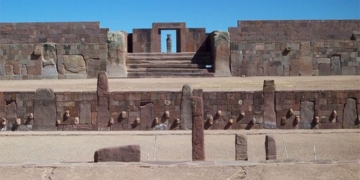This is one of the objectives for the development of e-Government in Hanoi in the upcoming period, announced by Mr. Nguyen Manh Dung, Director of the Hanoi Department of Posts and Telecommunications, last weekend.
 |
| Homepage of the Hanoi Electronic Communication Portal |
Mr. Dung stated that after more than two years of implementation and operation, the Hanoi Electronic Communication Portal has initially achieved certain results and has become the focal point for providing government information to citizens and organizations, helping them understand the city’s policies and directives.
Currently, the Hanoi Portal involves over 40 departments, sectors, and districts in providing information, and six units are engaged in developing online services, along with 28 “one-stop” departments reporting on the status of administrative procedure resolutions. However, the participation of these units has some limitations due to various reasons, leading to certain information areas on the Hanoi Portal not being updated in a timely manner.
During the implementation process, the Hanoi Portal also faced challenges, such as units not actively updating information, and the updates provided were either unhelpful or of little direct benefit to citizens. The units responsible for developing information services (DVTT) also did not actively create DVTT, so their services remained limited to answering citizen inquiries.
However, statistical data shows that the number of answers provided is far too few compared to the number of questions posed (only 198 answers were provided out of a total of 877 questions).
According to Mr. Dung, for the e-Government model to operate effectively, 100% of departments, districts, and sectors must establish a local area network; the ratio of personal computers per employee in state management agencies and administrative units also needs to increase by 10%-15%.
The Department of Posts and Telecommunications will also improve the Portal software to meet the increasing demands of citizens and will initially establish services for legal consultation, land use rights certificates, business registration licenses, and information on planning and real estate. In the near future, public services from several departments and districts will be implemented.
“It is necessary to issue regulations for updating information and services on the Hanoi Electronic Communication Portal as a basis for units to strictly implement. Units must also establish dedicated departments responsible for providing information and services on the Hanoi Portal. Additionally, the leadership of these units needs to pay more attention to IT activities in general and participation in the communication portal in particular,” Mr. Dung emphasized.
Pham Tuyen



















































